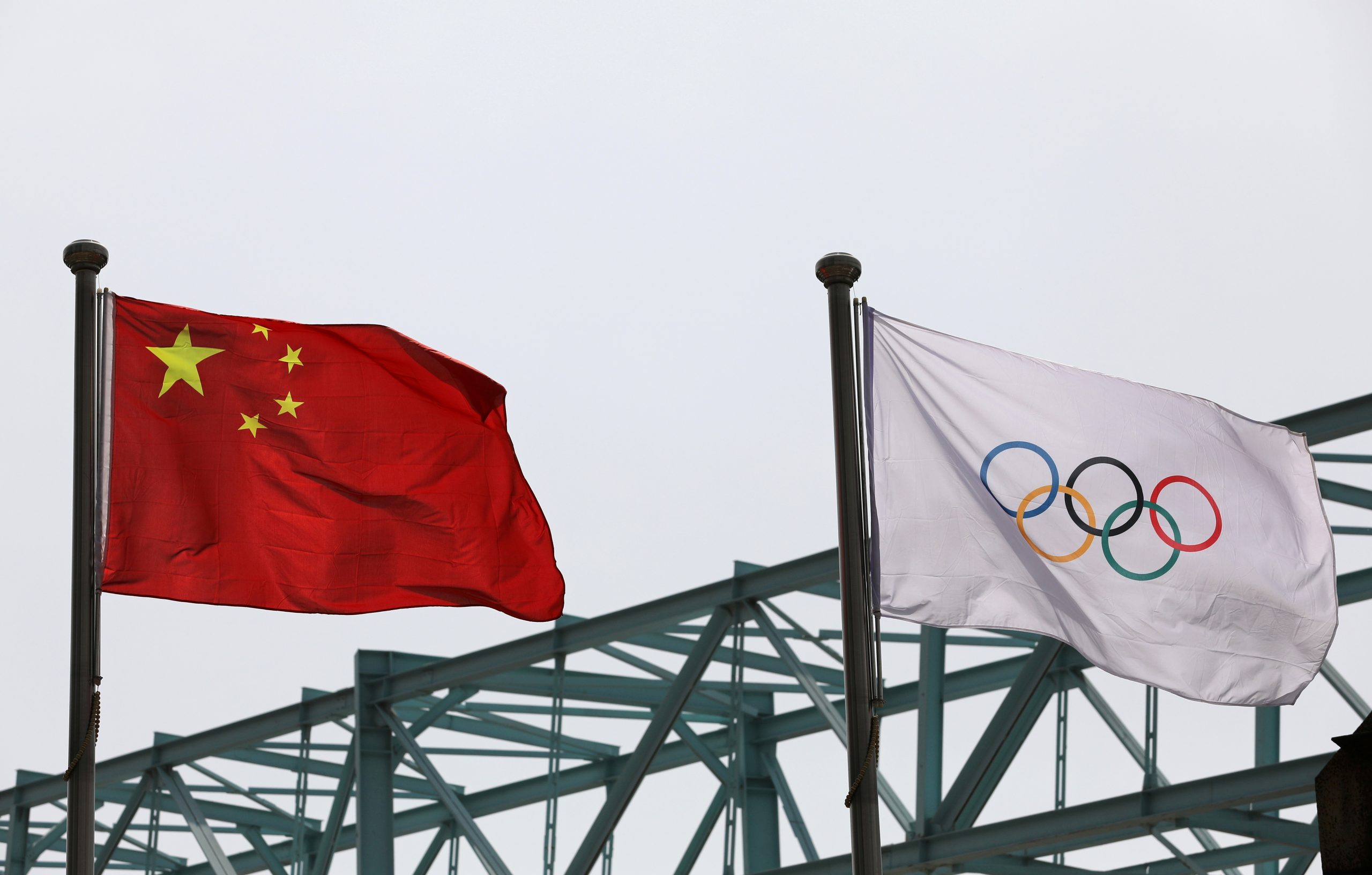A U.S. government commission on Wednesday urged the Biden administration to not send officials to the 2022 Winter Olympics in Beijing, citing religious persecution including China’s repression of Uighur Muslims, which Washington has labeled genocide.
President Joe Biden’s administration signaled earlier this year that it had no plans to bar American athletes from participating in the Beijing Games.
But calls from lawmakers and activists have been mounting for a coordinated diplomatic boycott in which athletes would compete but government representatives would shun the Games. Some have also made a case for a possible postponement or relocation of the event scheduled for next February.
The U.S. Commission on International Religious Freedom in an annual report encouraged Washington to continue to impose targeted financial and visa sanctions on Chinese government agencies and officials responsible for “systematic, ongoing, and egregious violations.”
It also recommended that the U.S. government “publicly express concerns about Beijing hosting the 2022 Winter Olympic Games and state that U.S. government officials will not attend the games if the Chinese government’s crackdown on religious freedom continues.”
Activists and U.N. rights experts say at least a million Muslims have been detained in camps in China’s Xinjiang region.
They, and some Western politicians, accuse China of using torture, forced labor and sterilizations, and U.S. Secretary of State Antony Blinken upheld an earlier Trump administration determination that the abuses constituted genocide.
China has repeatedly denied all accusations of abuse and says its camps offer vocational training and are needed to fight extremism.
Shortly after the commission’s report was published, Republican Senator Mitt Romney introduced an amendment to legislation to counter China that would implement a U.S. diplomatic boycott of the Beijing Games, saying it was “jarring and outrageous” that a country would be allowed to host an Olympic Games while committing genocide.
“The amendment calls for a diplomatic boycott, such that we will not be sending any diplomats to participate in the Olympic experience there,” Romney told a Senate hearing, adding that young American athletes should still be allowed to fulfill their dream of competing in the Games. Romney headed the organizing committee for the 2002 Winter Games in Salt Lake City.
After weeks of negotiations between Democrats and Republicans, a Senate committee on Wednesday overwhelmingly backed the broader bill pressing Beijing on human rights and economic competition. [nL1N2ME1FQ]
State Department spokesman Ned Price told a news briefing that the department considered the commission’s conclusions, but that it was an independent federal body that did not clear its report with any government agency or department.
“Obviously, we take their report into account as we take a look at our determinations when it comes to religious freedom designations that I expect we’ll be speaking to later this year,” Price said.
Earlier this month, White House spokeswoman Jen Psaki said the United States had not discussed a joint boycott with allies and partners.
A National Security Council spokeswoman told Reuters on Wednesday that there had been no change in the administration’s stance on the issue.
Nury Turkel, a Uighur American lawyer and a member of the commission, told Reuters he was disappointed the idea of a diplomatic boycott was still a matter for debate.
“It will be political suicide, I would think, for any politician with a right mind and a decent political stance to attend this because of the ongoing genocide,” Turkel said.
In March, the Chinese government sanctioned Gayle Manchin and Tony Perkins, the chair and vice chair of the commission, over the panel’s earlier recommendations that the U.S. government and its partners sanction Chinese officials for abuses in Xinjiang.
Manchin has said she was “flattered” to be targeted by Beijing’s sanctions.
(Reporting by Michael Martina and Simon Lewis; Editing by Mary Milliken and Jonathan Oatis)

























 Continue with Google
Continue with Google